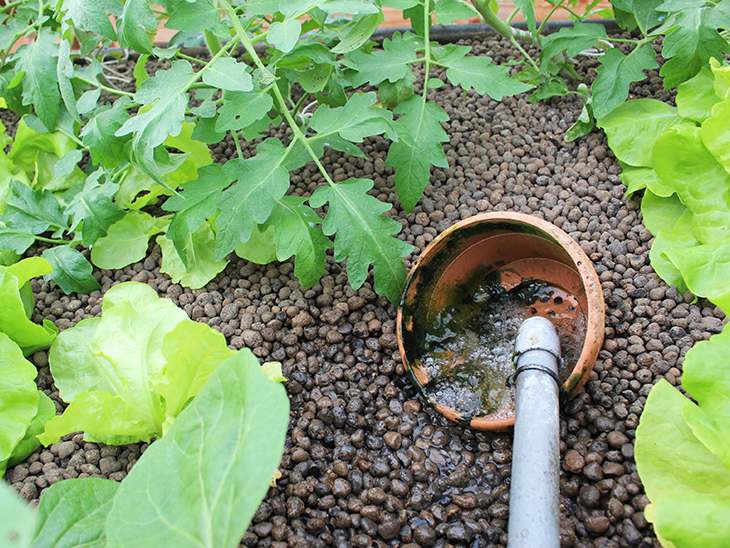Coalition files lawsuit to prevent soilless agriculture from receiving organic certification
The US Center for Food Safety filed a lawsuit with a coalition of organic farms and stakeholders challenging the US Department of Agriculture’s decision to allow hydroponic operations to be certified organic. According to Planetwatch, the lawsuit contends that hydroponic operations violate organic standards because they fail to build healthy soils and asks the court to stop the USDA from allowing hydroponically-produced crops to be certified. The US is one of the few countries that will allow hydroponics to be certified organic. Mexico, Canada, Japan, New Zealand, and 24 European countries all ban hydroponic vegetable production to be labelled organic.
The National Organic Standards Board (NOSB), the body assigned by Congress to advise the USDA, has repeatedly asked the USDA to ban organic certification of hydroponics. The NOSB recommended in 2010 that hydroponics be prohibited from organic certification. The USDA continues to ignore that recommendation. In January 2019, the Center for Food Safety filed a legal petition asking the USDA to ban hydroponics from organic certification. The USDA denied the request that same year.
The lawsuit claims that denying the petition violated the Administrative Procedure Act and the Organic Foods Production Act, which requires farmers to build soil fertility to obtain organic certification. Hydroponic crops are grown without soil using water-based nutrient solutions. Synthetic salts are the most common nutrients used in hydroponics, and most of them are not allowed in products certified organic.
“Healthy soil is the foundation of organic farming,” said Andrew Kimbrell, executive director of the Center for Food Safety. “Organic farmers and consumers believe that the Organic label means not just growing food in soil, but improving the fertility of that soil. USDA’s loophole for corporate hydroponics to be sold under the Organic label guts the very essence of Organic.”
The basis of organic agriculture is to feed the soil, not the plant. Dave Chapman of Long Wind Farm told Northeast Organic Farming Association of Vermont: “Organic farming is based on enhancing and cultivating the wonderful balance of the biological systems in the soil. It isn’t just about replacing chemical fertilizers with natural fertilizers.”
One of the objections to hydroponics is that it relies heavily on fertilisers. Oregon Tilth Certified Organic states that hydroponics relies on large volumes of soluble fertilisers with little nutrient cycling. Commercial hydroponic growers will rarely reveal the fertilisers they use, according to the Texas Organic Research Center. Another objection is that hydroponics use chemicals, which organic producers are prohibited from using.



